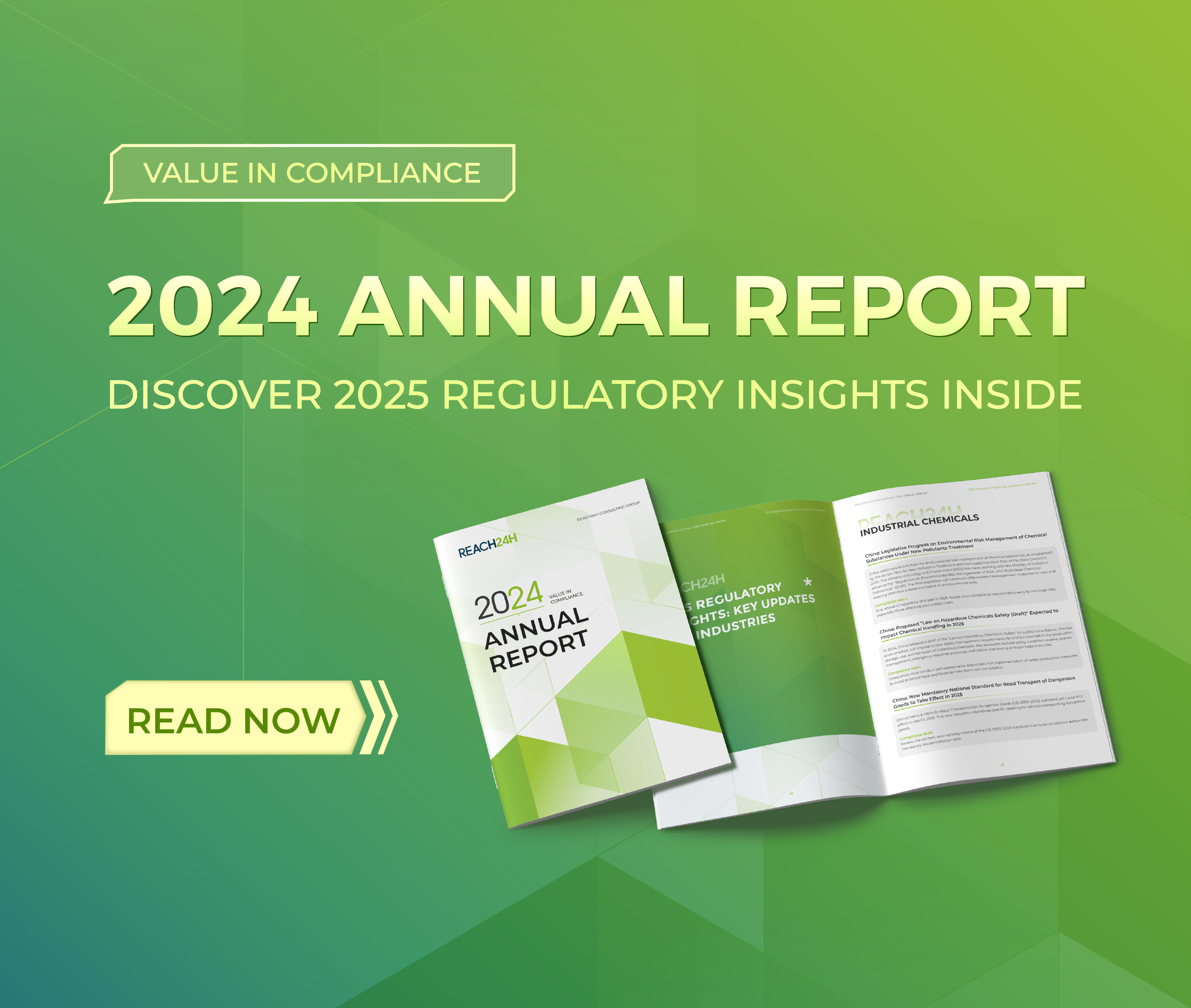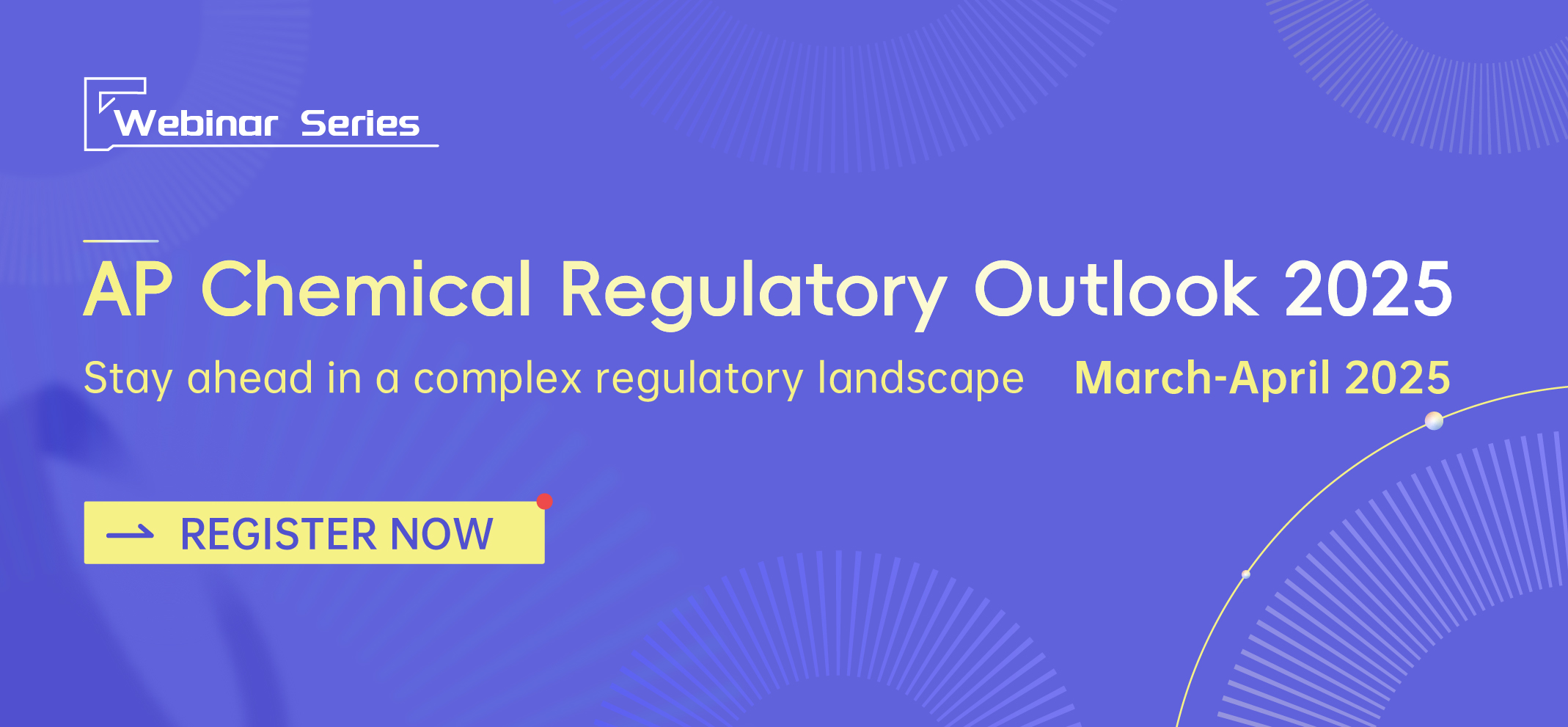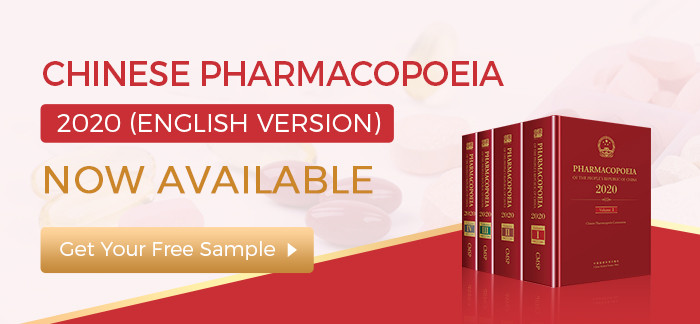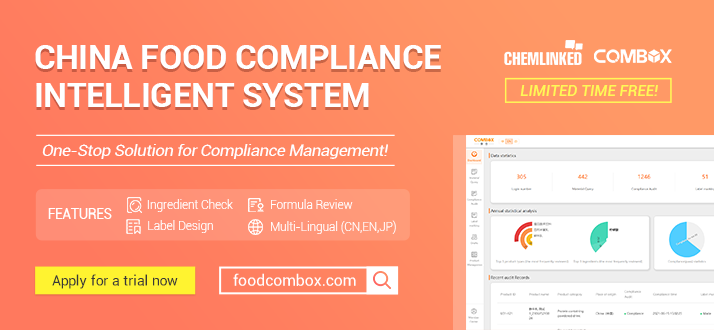Keynote Speech : What You may Learn About Chemical Management from EU REACH?
Bjorn Hansen, Executive Director of the European Chemicals Agency ECHA to Share Opening Words for CRAC-HCF 2021 Virtual Week
Next November 2021, REACH24H Consulting Group and Helsinki Chemicals Forum jointly hold the 2nd CRAC&HCF 2021 edition— bringing together the 13th Chemical Annual Regulatory Conference and the Asian Helsinki Chemicals Forum. The Forum will have topical sessions on chemicals, pesticides, food contact materials and the latest developments on China’s CSAR cosmetics regulation and pharmaceuticals, presented through a hybrid online + offline event, from November 8-12, 2021. This year’s Forum expects to gather experts and professionals from across fields, compliance specialists, corporate decision makers, NGOs, academia and government officials to learn about the latest industry and consumer market trends.
This 2021 The Asian Helsinki Chemicals Forum, an adapted version of the reference HCF Forum with a stronger presence of top Asian voices, will take the stage on the first three days of the Forum, from November 8- 11, with a special Opening Keynote delivered by Mr. Bjorn Hansen, Executive Director, European Chemicals Agency.
 |
Bjorn Hansen is ECHA’s Executive Director. After a post-doc in probability theory in Germany, he joined the European Commission in 1991. Bjorn was involved in developing REACH and CLP from their very early days. He has been involved in international chemicals work since 1991, with highlights including being elected Chair of the OECD Working Party on Manufactured Nanomaterials and chairing several contact groups at three consecutive UN triple COPs. |
With EU currently in the process of adapting its policies to address climate change, ECHA has played an instrumental role in supporting its new chemical management agenda. Therefore, Mr. Hansen will share his thought through a presentation titled “What may you learn about chemical management from EU REACH?”. The Opening Keynote will take place on November 8, at 14:30h (Beijing time, UTC+8), followed by a full Q&A session.
Other Topics in HCF program
| November 08, 2021 (Tuesday) | Panel 1: Green Chemistry and Climate Neutrality
Moderator: Mr. Otto Linher, EU Commission With the Chemicals Strategy for Sustainability launched by the European Commission in 2020, its version of a green chemicals policy for the future finds multiple actions now under preparation. Which regulatory tools has the EU chosen to protect citizens, workers and the environment better from the effects of harmful chemicals while stimulating innovation across the industry? Will it become more difficult to export chemicals to Europe when the new rules will be in place?Will these rules comply with WTO standards? Does Europe expect other parts of the world to follow their ambition? What will be the role of the new chemicals strategy under “the EU Green Deal” and is the European chemicals industry expected to contribute much more to climate neutrality than its participation in the emission trading system and how will that be achieved? How do other world regions like Asia plan to achieve a high standard on chemical safety and waste management at the same time as circular economy and climate neutrality targets? |
| November 09, 2021 (Tuesday) | Panel2: How to Accelerate the Replacement of Animal Toxicity Testing
Moderator: Ms. Patience Browne, Organization for Economic Cooperation and Development (OECD) Global regulations increasingly aim to limit or eliminate the use of animal testing in the safety evaluation of chemicals used across industries such as agriculture, personal care products, cosmetics, food contact materials, etc. In addition to the interest of replacing animal toxicity testing for humane reasons, animal testing is time consuming, costly, and may not accurately predict chemical effects in humans. Advances in biotechnology have produced a variety of new methods that can be used in lieu of animal test data. What are the criteria needed to determine their state of readiness for regulatory use? How can we assure these approaches are as protective of human health as the animal models they replace? What processes can advance their use by decision makers? How can these approaches be applied across chemical sectors? Are there obstacles to harmonising these approaches globally, similar to what has been done for animal toxicity tests? |
| November 10, 2021 (Wednesday) | Panel 3: The Tension between Plastics Recycling and Energy Recovery
Moderator: Mr. Mark Radka, UN Environment Programme (UNEP) Many Asian cities have a problem disposing of municipal solid waste and face growing demands for energy. Proponents of waste to energy plants see the technology as offering a solution to both problems. Much of the energy value in MSW, however, lies in its plastics content and incineration precludes the recycling of plastics. Are there net benefits to society in the burning of plastics to recover their energy content? If so, under what conditions? Does the practice discourage or encourage recycling and a circular economy approach to the use of plastics, which requires separating recyclable plastics from the plastic waste stream before it is incinerated? Can incineration of fossil-fuel based plastics be made compatible with global climate change and other environmental goals such as reducing urban air pollution? How does the introduction of biodegradable plastic affect the technology and economics of both incineration and recycling, and the sensible management of the plastics value chain? |
| November 11, 2021 (Thursday) | Global Chemical Compliance Management
|
| November 12, 2021 (Friday) | China’s Pharmaceutical Regulation and Market Overview
|
To learn more about the Asian HCF program, click here.




